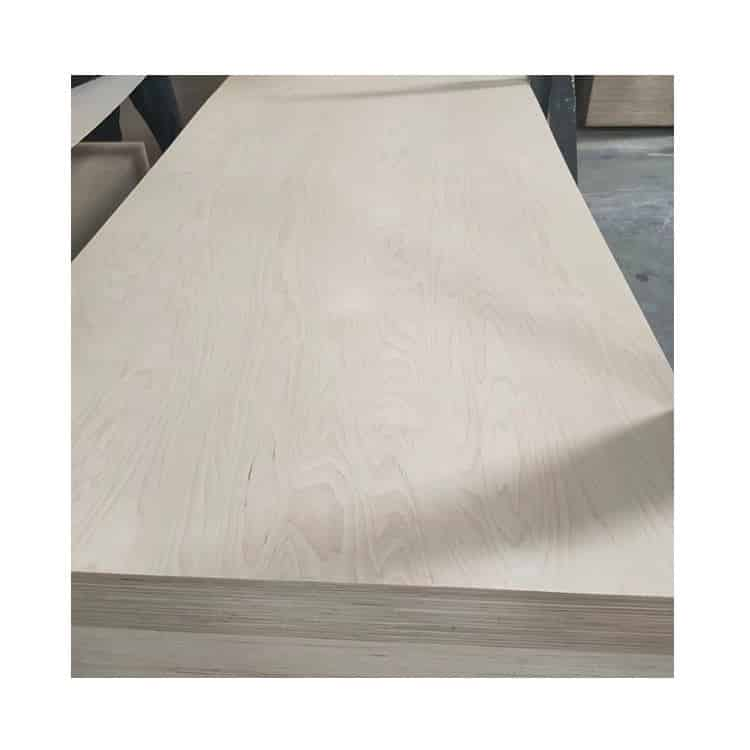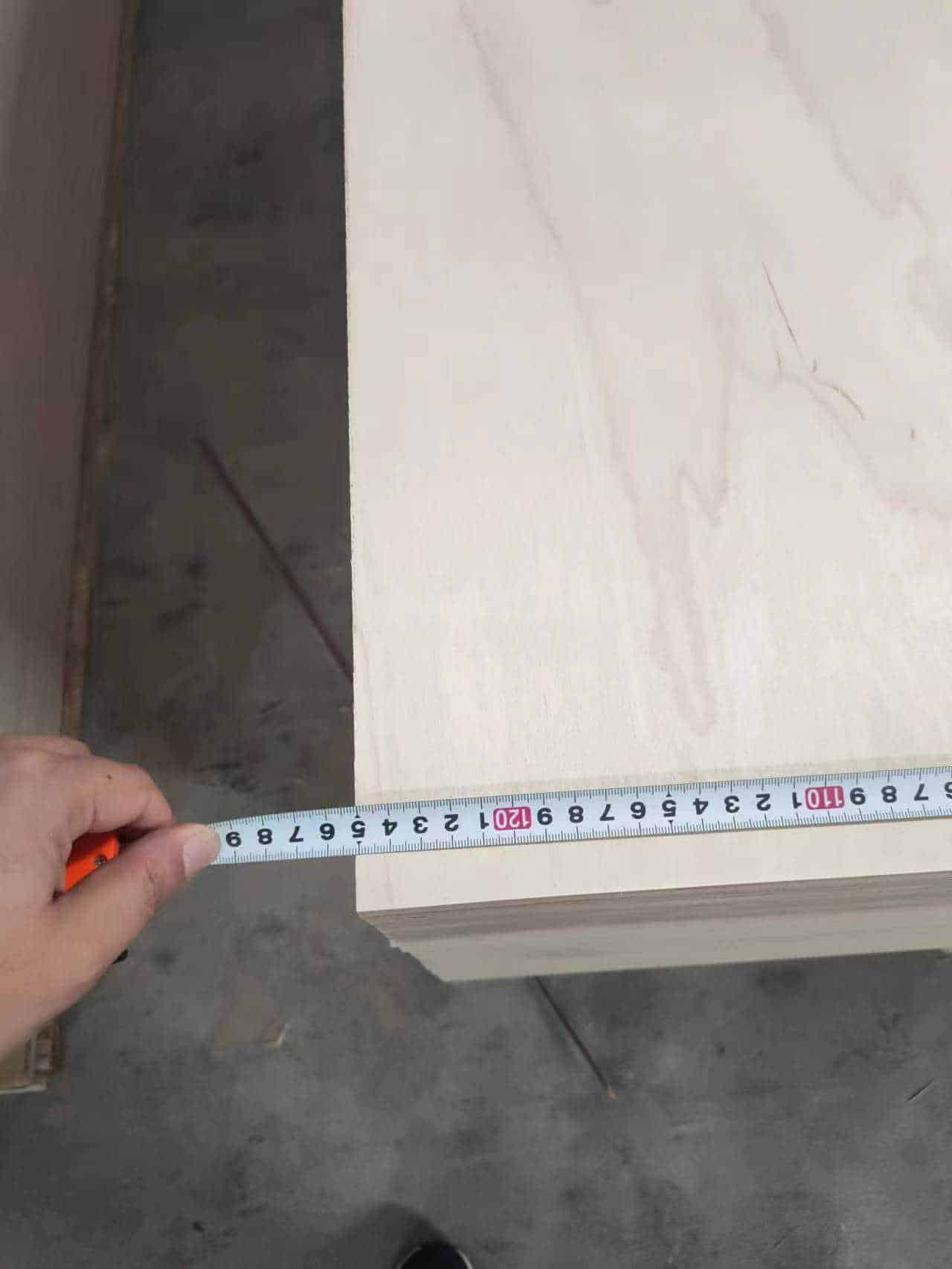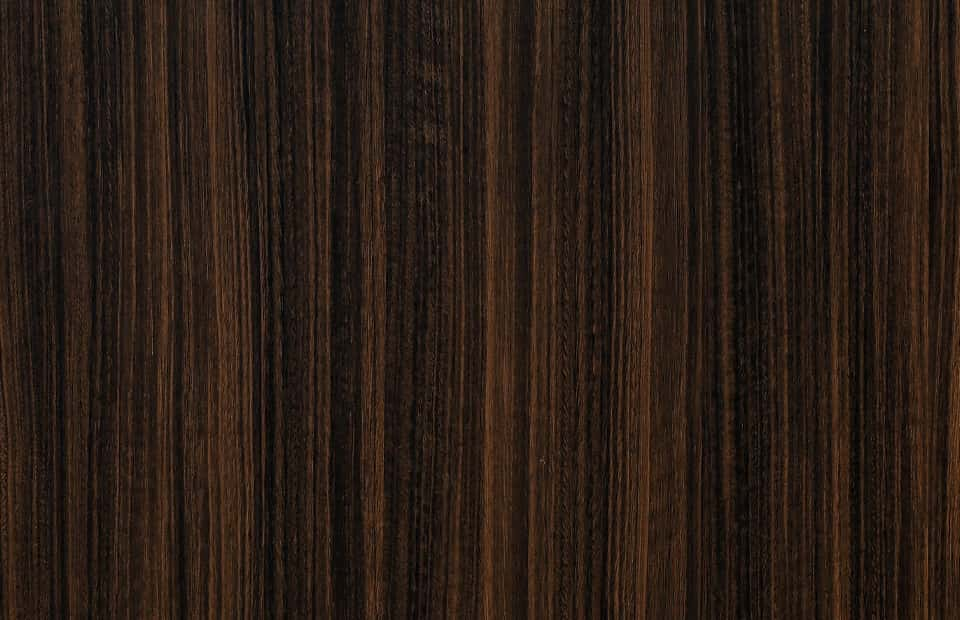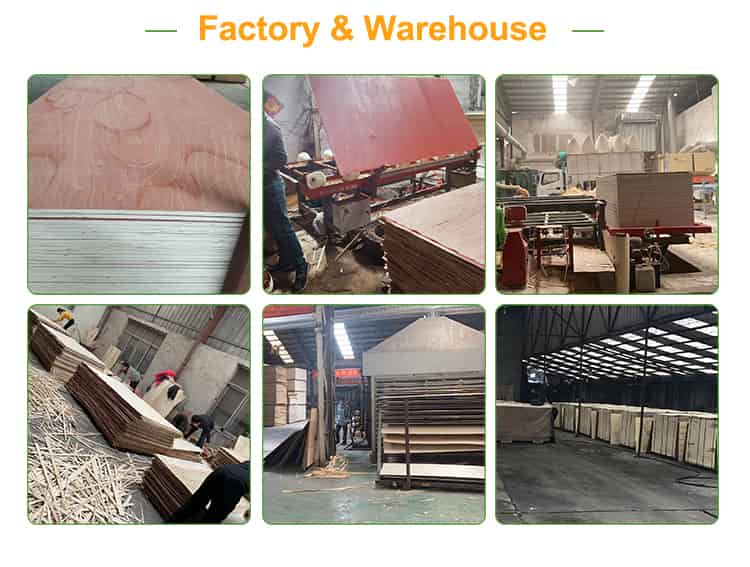The cost of birch plywood has long been a concern for both homeowners and contractors. Despite being an excellent choice for various applications, its price point remains higher than other types of plywood available on the market. This begs the question: why is birch plywood so expensive, especially when compared to other wood products?

One reason for the high price of birch plywood is its unique properties. Birch trees are known for producing wood that is lighter in color and has a finer grain than most other hardwoods. This gives birch plywood an aesthetic appeal that is highly sought after in the construction industry. Additionally, birch wood is more stable and less susceptible to warping than other woods. It’s also resistant to wear and tear, making it ideal for flooring, paneling, and furniture. However, these desirable qualities come with a higher production cost, which ultimately affects the retail price.

Another factor contributing to the high cost of birch plywood is the process used to manufacture it. Unlike other types of plywood that use softwood or mixed-type veneers, birch plywood requires a more complex manufacturing process. The veneers must be carefully selected and matched to ensure a consistent appearance and uniformity throughout the finished product. Furthermore, the glue used to bond the layers together must be of exceptional quality to provide a strong and durable bond. These additional steps add to the overall production time and expense, resulting in a higher final cost.

The availability of birch trees is another factor that influences the price of plywood made from this species. While birch trees are common in many parts of the world, they can be difficult to source in large enough quantities to meet the demand for birch plywood. This scarcity can create a supply and demand issue, driving up the price even further.

Lastly, market demand plays a significant role in determining the price of birch plywood. As more people become aware of its advantages and seek out its unique qualities, manufacturers can charge a premium for their product. In addition, certain regions may have a higher demand for birch plywood than others, leading to increased prices in those areas.

In conclusion, there are several reasons why birch plywood is more expensive than other types of wood products. Its unique properties, complex manufacturing process, limited availability, and strong market demand all contribute to its high price tag. Despite the cost, however, many still consider birch plywood to be an excellent investment due to its durability, aesthetic appeal, and functionality.

